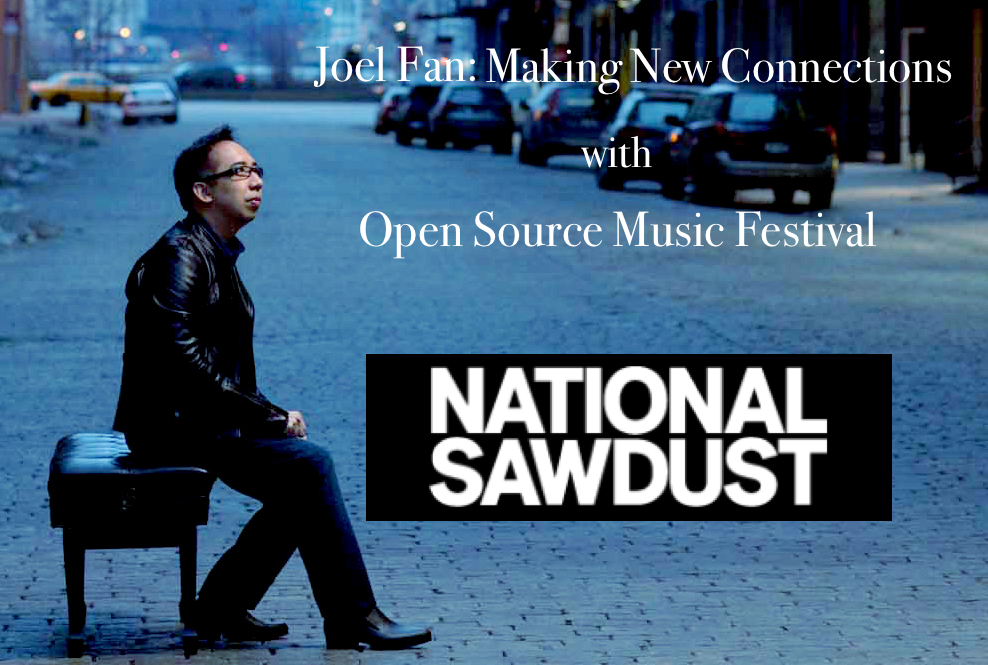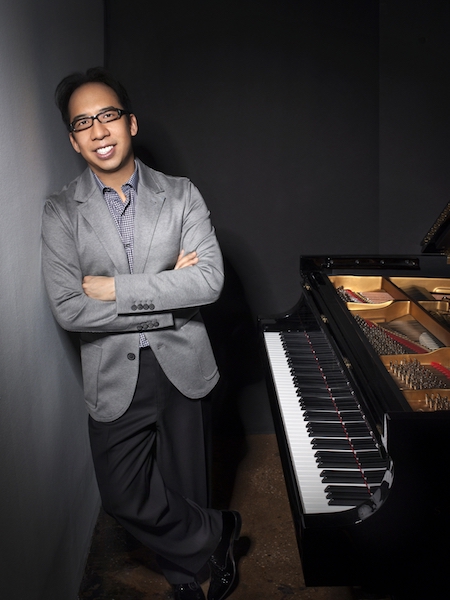
Long before the digital age, composers and performers took inspiration from the music that came before them, reworking phrases and themes in new ways to create wholly new works. For centuries, this practice was common; even Bach and Handel were known to recycle works. Perhaps this practice over centuries of music was a precursor to the inspiration of “open source.” Today, the term is thrown around easily in our technology-focused society, and it’s really all around us. The concept— based on the simple idea that you share your creative work freely for others to modify, transform, and build upon—has led to or enhanced the creation of many of most ubiquitous devices and services used today. You might even be reading this on your smartphone, which relies heavily on open source sharing. The technology that powers Android phones was developed from the ground up through open source practices, and users of Apple’s iconic iPhone are beneficiaries of the plethora of useful open source apps available.
By standing in contrast to the traditional copyright system, open source, and related concepts such as free source and Creative Commons, have enabled an explosion of collaboration and creativity that benefit us all. One of the best examples is the world’s largest encyclopedia – Wikipedia – started in 2001 and powered by hundreds of thousands of editors worldwide, working collaboratively.
So it’s not a stretch to say that the philosophies behind open source have benefited practically everyone in the world today. And as musicians, it’s just as natural to ask ourselves how open source is empowering us to be more creative, expressive, relevant, and transformative.
That’s why I created the Open Source Music Festival – a festival of music aimed at exploration, collaboration, sharing and ultimately, the reimagination of music.
What do I mean by reimagination? It’s an idea I’ve been thinking about since my solo piano album World Keys, when I recorded Liszt’s Rigoletto Paraphrase. While this virtuosic work is a transcription of “Bella figlia dell’amore”, the famous quartet from Act 3 of Verdi’s Rigoletto, the brilliance of Liszt’s writing allows the work to stand on its own. And as we know well, composers have always had a penchant for quoting themes. Consider the Dies Irae theme, a Gregorian chant that appears in dozens of works, from Respighi to Thomas Adès. Thanks to innovators experimenting with tapes of early recorded sound, today’s DJs and electronic musicians frequently sample portions of recordings, and reuse and remix them to create new works.
| Joel Fan |

Building upon the ideas of open source at the festival are a range of artists from the JACK Quartet (called “new music super heroes” by the Boston Globe), to jazz guitarist Ben Monder, who freely adapts and improvises upon an original musical concept, to electronic artists Teengirl Fantasy and ADR, who perform jointly. All of the artists performing are encouraged to explore what open source means to them and express that in their sets. Other artists performing include singer Jeff Gavett (of loadbang and ekmeles), cellist Jeffrey Zeigler (a pioneering instrumentalist formerly of the Kronos Quartet), the forward-thinking percussion trio TIGUE, and the septet the cellar and point, who seamlessly fuse classical music, jazz, and alt-rock.
As for my set, I’ve always had the goal of bringing 10 new piano compositions to life that would help elucidate the state of modern pianism. I started several years ago, with Leon Kirchner’s last piano sonata as the first of this sequence.. For this year’s festival, we have commissioned a set of works that I’ll be premiering as a single piano suite called Couplets, created by four pairs of married composer couples: Augusta Read Thomas & Bernard Rands, Evan Ziporyn & Christine Southworth, Anthony Cheung & Wang Lu, Julia Wolfe & Michael Gordon. Each individual work is inspired by another influence; for example, the works by Thomas and Rands are inspired by Elliott Carter’s toccata, Catenaires. We wanted to explore the tension and interplay of relationships in a collaborative, creative process, and the meaning of reimagination for these acclaimed composers. The result is a remarkable set of new piano compositions that play upon concepts of open source.
Beyond the music, we’ll also present a panel discussing relevant themes to artists in the open source era. With a panel of technological experts, we’ll explore how creative digital rights are empowered by new innovations—for example, in the near future creators may be able to precisely control how freely their digital content is shared, with important ramifications for composers and performers alike.
My hope is that the Open Source Music Festival is just the beginning. Music is a perfect entry point to these larger themes of collaboration and creativity, and in future years I look forward to expanding this theme as it relates to other art forms, from visual art to filmmaking. The evolution of open source in our digital age has given us expanded powers we can hold in our hands, ideas that previous generations could only dream of. Let’s hope it’s for the better, in our world and in the arts around us.
The inaugural Open Source Music Festival takes place at Abrons Arts Center Nov. 16-18; opensourcemusicfestival.com
Share this entry
